Want to save with Paschal? Don’t miss our current offers and specials

Want to save with Paschal? Don’t miss our current offers and specials
Return to Paschal Resource & Education Hub
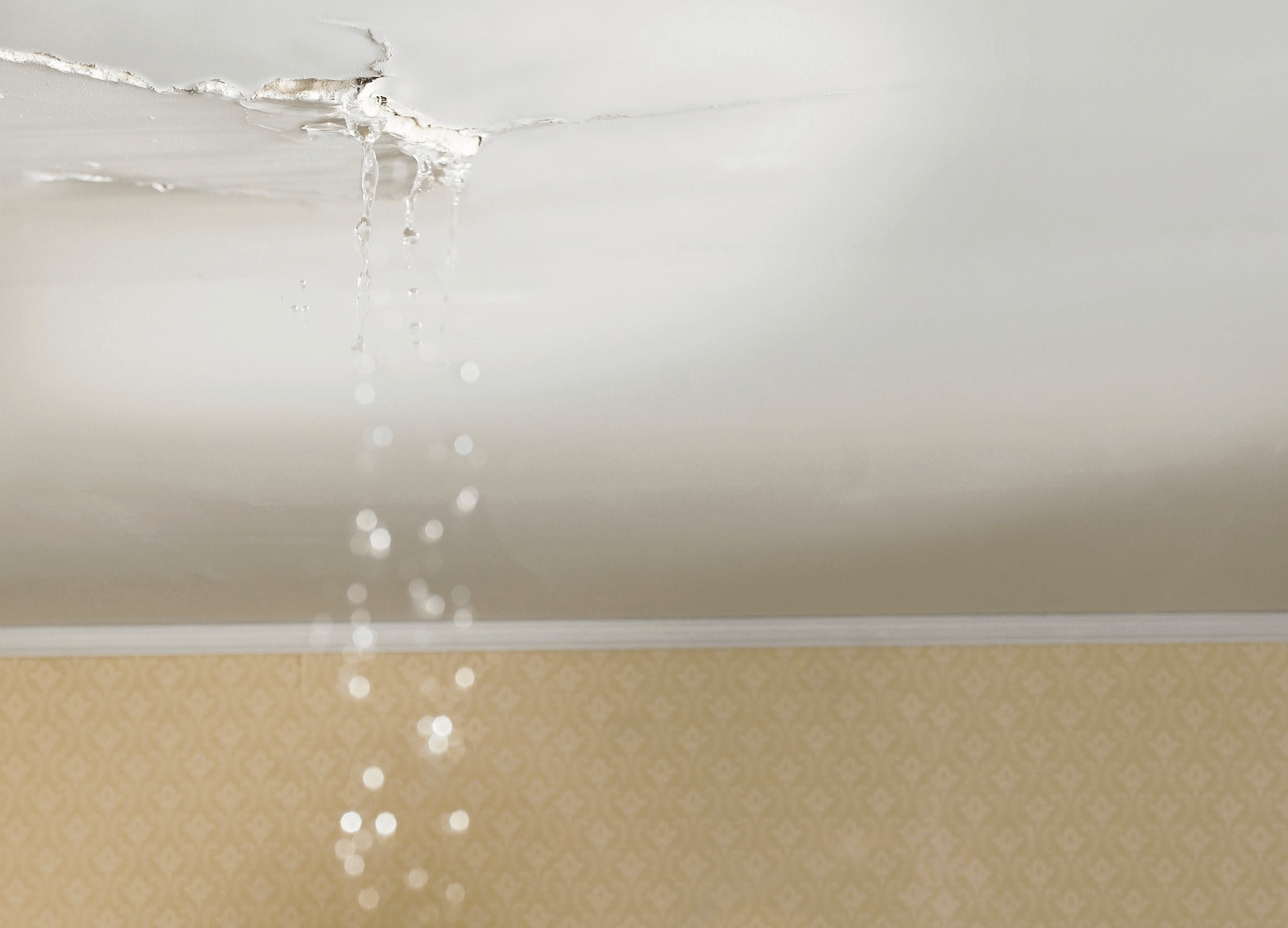
As summer approaches, homeowners across the country are getting their air conditioning units ready for the hot months ahead. However, if you notice water leaking from your AC unit, it’s important to act fast to prevent further damage to your system. In this article, we’ll explore the top 4 reasons why your air conditioner might be leaking water, and what you can do to fix the issue. Summer is the time for your AC to shine. If your air conditioner is leaking water, you could find yourself in a big mess. Looking for symptoms of a leak at the start of things will save you time and money on repairs. Dark stains on your walls and ceilings, drips, weird smells and unusual humidity indicate an AC leak.
AC units require some type of refrigerant, like Freon or Puron, to keep things cool. Typically a leak is the cause for low refrigerant. If this is the problem, it will require an HVAC professional or things will go from bad to worse. If the refrigerant is low, it could freeze up the evaporator coil causing water to leak when it melts or it could mess up pressure inside your unit. That leak is apparent by a tell-tale hissing or bubbling sound. If you don’t catch the leak in time, it will ruin your HVAC system and will need to be replaced.
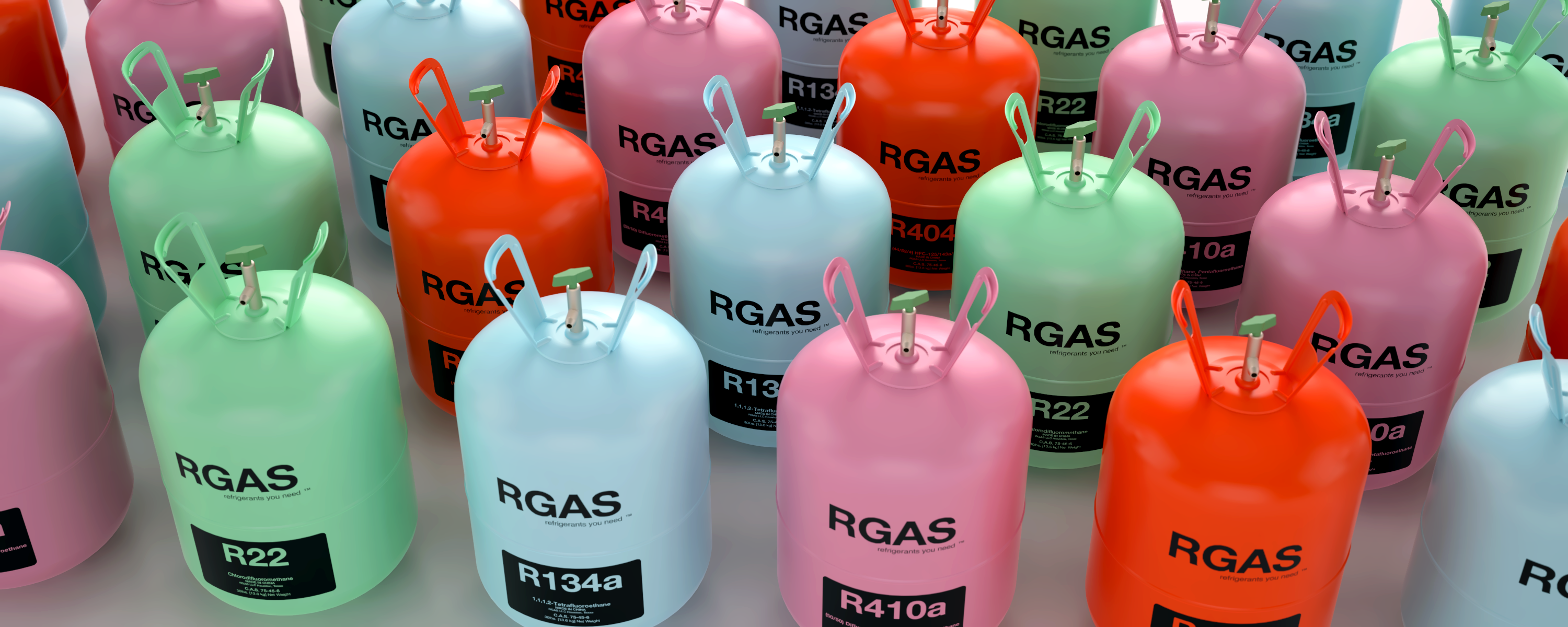
When refrigerant levels are low, it can cause the evaporator coil to freeze up. This happens because there isn’t enough refrigerant to absorb the heat from the air passing over the coil. As a result, the moisture in the air freezes on the coil, forming ice. When the ice melts, it can cause water to leak from the unit.
In addition to causing water leaks, low refrigerant levels can also mess up the pressure inside your AC unit. This can cause your system to work harder than it should, which can result in higher energy bills and decreased efficiency. If left unchecked, low refrigerant levels can also cause your compressor to fail, which can be costly to repair or replace.
One of the most common signs of a refrigerant leak is a hissing or bubbling sound coming from your AC unit. This sound is caused by the refrigerant escaping from the system. You may also notice that your AC unit isn’t cooling your home as well as it used to, or that it’s taking longer to reach the desired temperature. Ice on the evaporator coil is also a sign that your AC unit may be low on refrigerant.
When it comes to maintaining your air conditioner, one of the easiest and most important steps is to check and change your air filter regularly. A dirty air filter can cause a buildup of pet hair, dust, and dirt, which can prevent airflow into your HVAC system’s evaporator coil. When air isn’t freely flowing, your evaporator coil will freeze. When that frozen condensation melts, it will cause water to leak out of your unit. This extra moisture could make your home prone to mold, which can be harmful to your health.
To prevent this from happening, you should check the size and location of your air filters. Some air filters are located in the air handler unit, while others are located in the return air ducts. Make sure you know where your air filter is located and what size it is so you can purchase the correct replacement filter. You can buy new filters at several home improvement or big-box stores.
It’s recommended to change your air filter every 30-90 days. However, if you have pets, you should change your filter monthly. Pet hair and dander can clog your filter quickly, reducing airflow and causing your evaporator coil to freeze up.
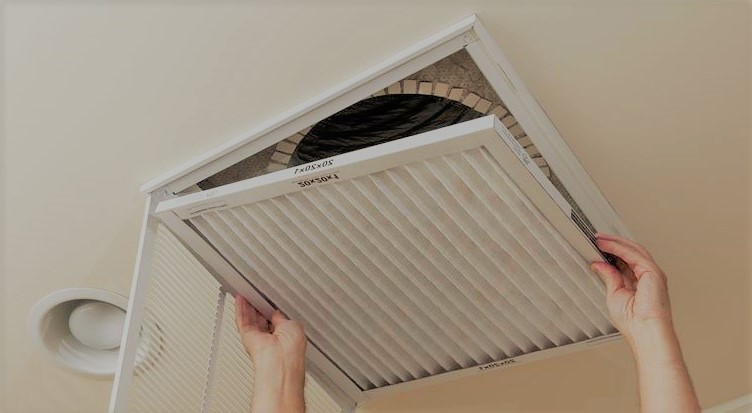
In conclusion, checking and changing your air filter regularly is one of the easiest and most important steps you can take to prevent your air conditioner from leaking water. By doing so, you can help ensure that your HVAC system is running efficiently and effectively, while also improving the air quality in your home. Remember to check your air filter regularly, and don’t forget to change it when necessary. If you have any questions or concerns about your air conditioner, don’t hesitate to contact a professional HVAC provider for assistance.
Clogged drain lines are a common problem that can lead to serious issues if not addressed promptly. As previously mentioned, the condensate drain line is responsible for draining the moisture that is extracted from the air in your home by your air conditioning unit. Over time, this drain line can become clogged with debris like dirt, dust, and even mold, causing water to back up and leak out of your unit. In severe cases, this can lead to water damage or flooding in your home.
Fortunately, there are a few steps you can take to fix a clogged drain line. The first step is to locate the condensate drain line, which is typically a PVC or copper pipe located near your outdoor HVAC unit. Once you have located the pipe, you can use a wet/dry vacuum to suck out the gunk and dislodge the clog. Simply put the vacuum on the end of the pipe and create a seal around the circumference with a towel or tape to create suction.
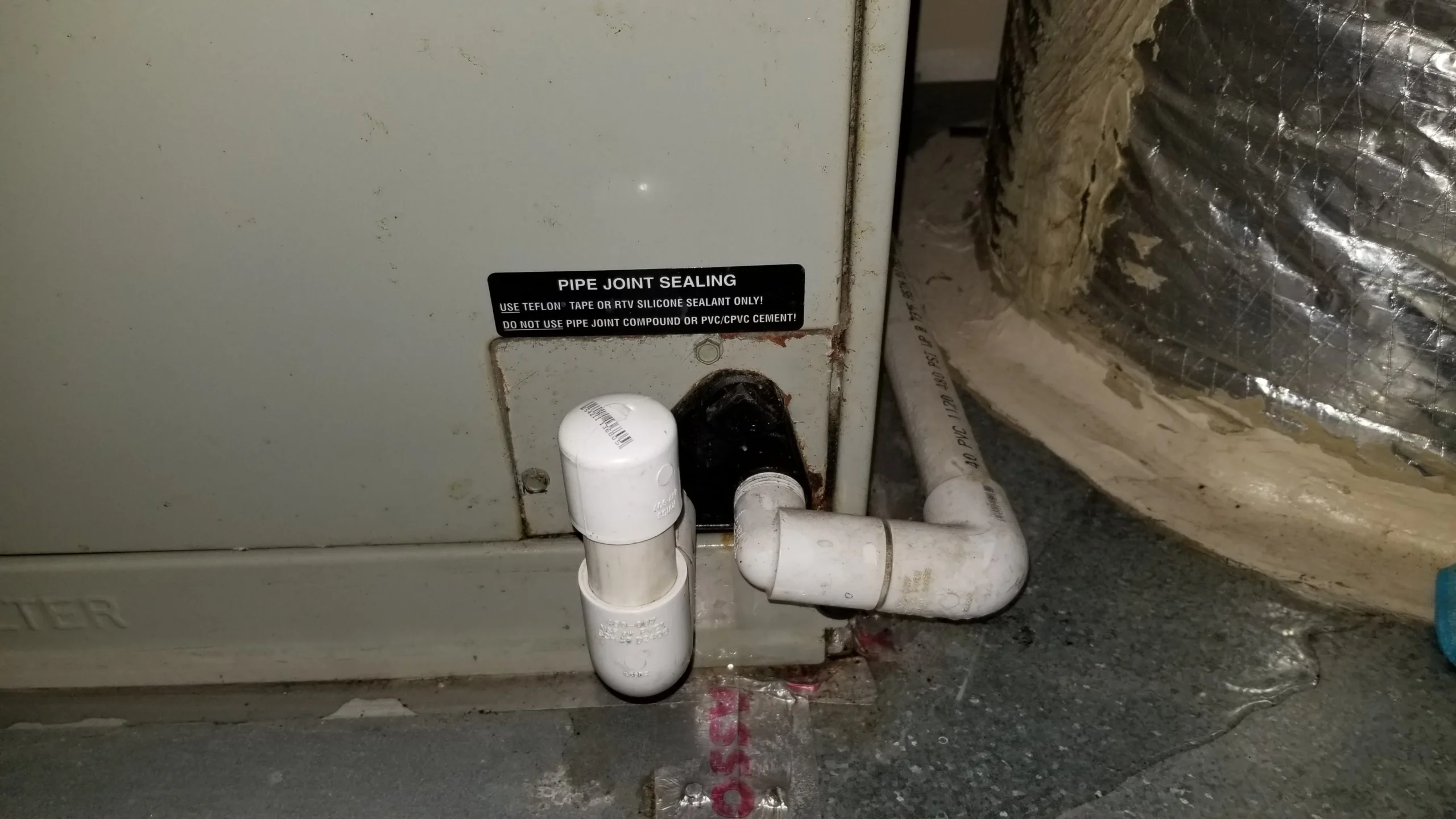
If you do not have access to a wet/dry vacuum, you can also try the water hose method. To do this, simply run water up the pipe to dislodge the clog. However, it is important to use caution when attempting this method, as too much water pressure can cause damage to your system.
If neither of these methods work, it is time to call in a professional HVAC technician. Commercial-grade equipment may be necessary to remove the clog and ensure that your system is working properly.
To prevent clogs from occurring in the first place, it is recommended to have your air conditioning system serviced annually by a professional. During this service, the technician can inspect the condensate drain line and clear any potential blockages before they become a problem.
Another common cause of an AC unit leaking water is a rusty drain pan. The drain pan is an essential component of your HVAC system, as it collects the water that your AC removes from the air in your home. Over time, the drain pan can become corroded or develop small cracks. If the damage is severe enough, it can cause water to leak out of the pan and into your home.
If you notice that your AC unit is leaking water and suspect that a rusty drain pan might be the cause, there are a few steps you can take to address the issue. First, you should inspect the drain pan for signs of rust or corrosion. If you notice any damage, you should take steps to repair or replace the pan as soon as possible.
If the damage to the drain pan is minor, you may be able to repair it using a sealant. However, if the damage is extensive, it’s best to replace the drain pan altogether. You can typically find replacement drain pans at most home improvement stores.
It’s important to note that if you’re not comfortable inspecting or repairing your AC unit’s drain pan, it’s best to leave the job to a professional. An experienced HVAC technician can assess the condition of your drain pan and recommend the best course of action to fix any damage or leaks.
In addition to repairing or replacing a damaged drain pan, there are steps you can take to prevent future issues. Regular maintenance of your AC unit, including cleaning and inspecting the drain pan, can help catch any potential problems before they become more serious.
Overall, a rusty or damaged drain pan can cause significant issues for your AC unit and your home. By taking steps to address any damage, you can ensure that your HVAC system is working properly and avoid costly repairs or water damage in your home.
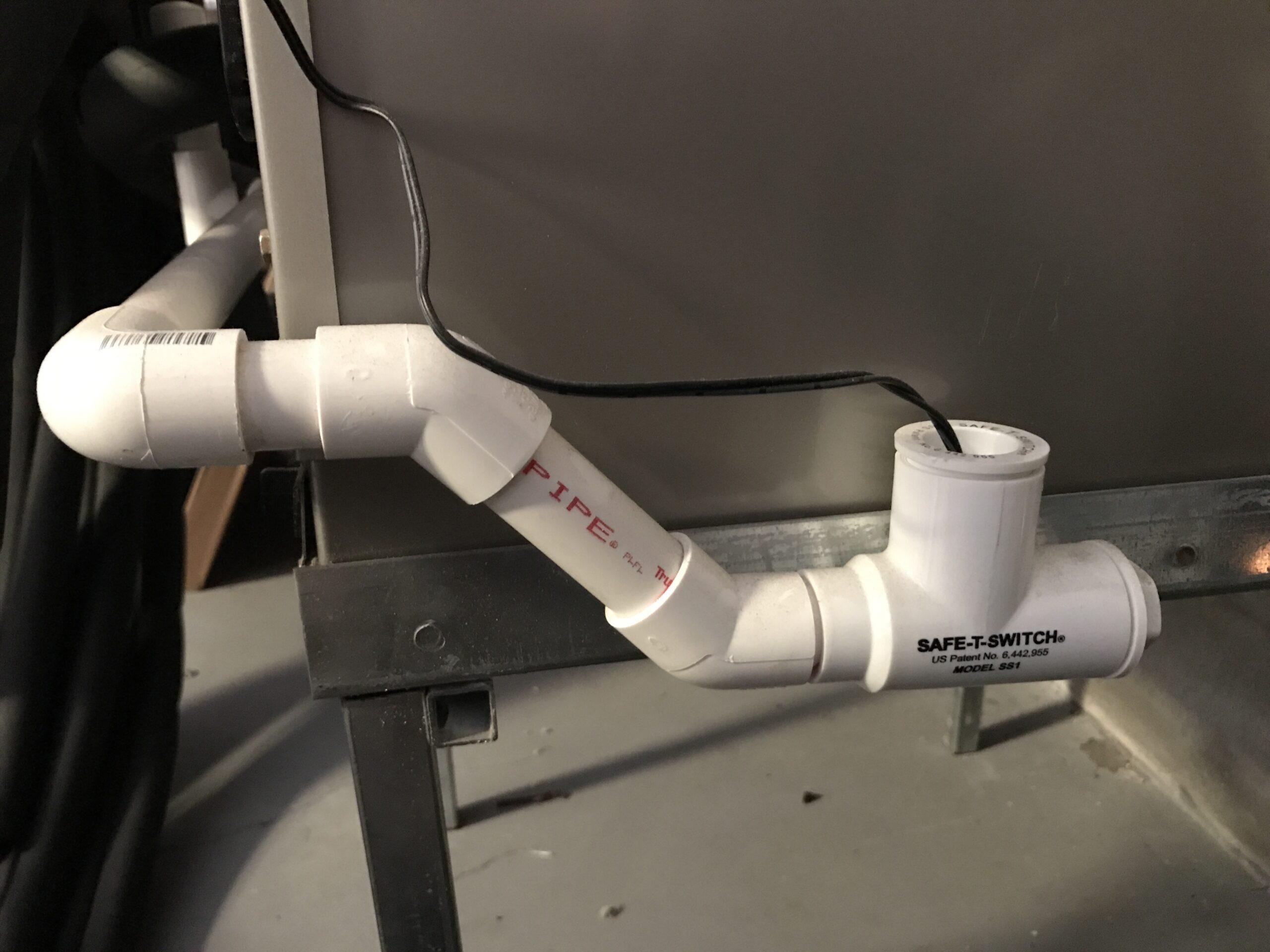
Installing a float switch is an insurance policy of sorts. It cost less than a few hundred bucks for a professional to install, but it could save you thousands in home repairs in the long run. A float switch is a mechanism that will shut off your system if your drain pan has excess water. So, if you have a leak caused by something like a clogged drain line or heavy condensation, the float switch will detect the extra water and shut down your HVAC system before any major damage is done.
If you can’t find the leak or if it reoccurs, it’s time to call in a professional HVAC company to fix your AC unit. The longer you wait, the more prone you are to water damage or damage to the AC itself. At Paschal Air Plumbing & Electric, a Paschal Pro can help you diagnose your problem and get your AC back to working condition in no time. Contact us to schedule an appointment or book online.
